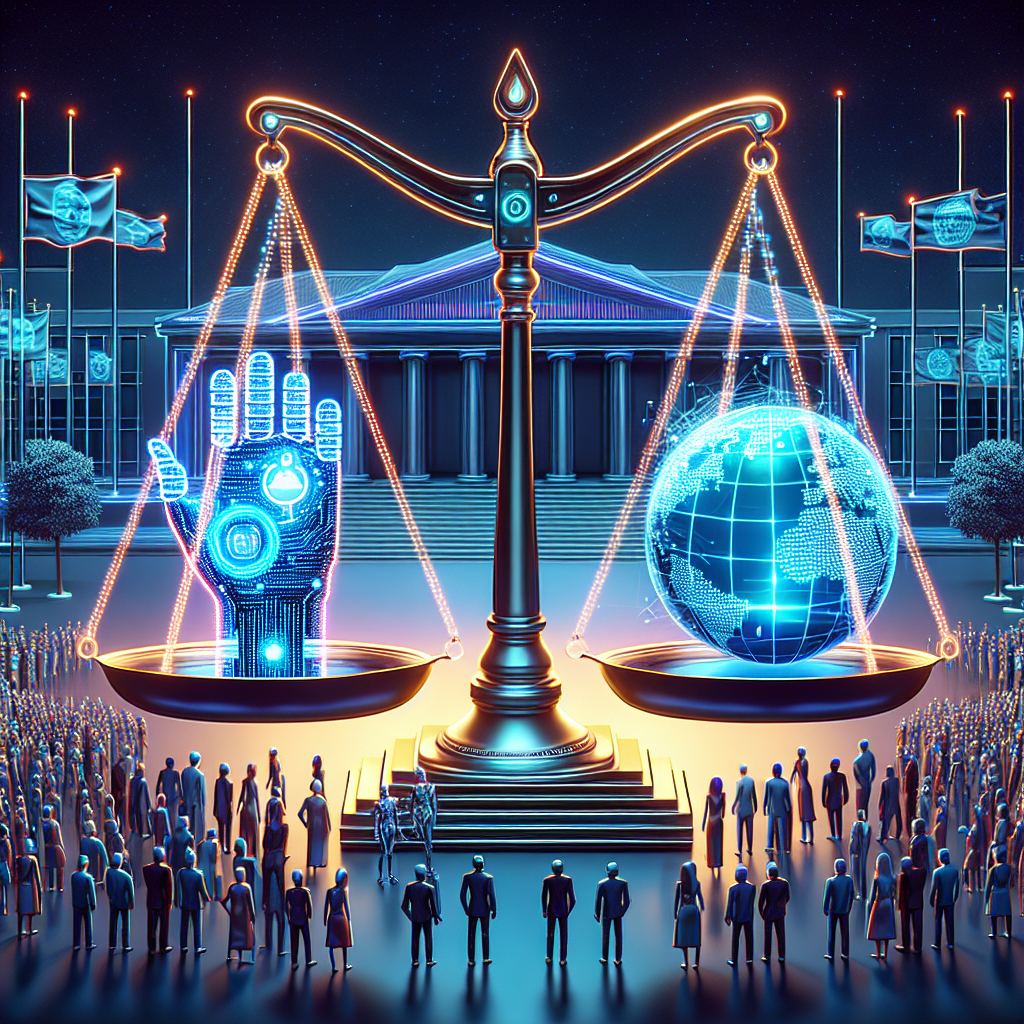Artificial Intelligence (AI) has become a game-changer in many industries, from healthcare to finance to transportation. Its potential for improving efficiency, productivity, and decision-making is undeniable. However, the widespread adoption of AI technologies has also raised concerns about their impact on society, particularly in terms of job displacement, bias, and privacy.
To address these issues and ensure that the benefits of AI are shared equitably, governments around the world have a crucial role to play in democratizing AI. By democratizing AI, we mean making it accessible, affordable, and understandable to a wider range of users, including small businesses, non-profit organizations, and individuals. In this article, we will explore the role of governments in AI democratization and how they can help shape the future of AI in a responsible and inclusive manner.
1. Funding and Research
One of the key roles of governments in AI democratization is to invest in AI research and development. By providing funding for research projects, governments can help drive innovation and ensure that AI technologies are developed in a way that benefits society as a whole. This can include funding for basic research, applied research, and technology transfer programs that help bring AI technologies to market.
In addition to funding research, governments can also support the development of AI talent by investing in education and training programs. By providing opportunities for individuals to learn about AI and gain the skills needed to work in this field, governments can help create a diverse and inclusive AI workforce that reflects the needs and perspectives of society.
2. Regulation and Standards
Another important role of governments in AI democratization is to establish regulations and standards that govern the use of AI technologies. This can include regulations that address issues such as data privacy, algorithmic bias, and ethical use of AI. By setting clear guidelines for the development and deployment of AI technologies, governments can help ensure that AI is used responsibly and ethically.
In addition to regulations, governments can also play a role in setting technical standards for AI technologies. By establishing common standards for data formats, interoperability, and performance metrics, governments can help foster innovation and competition in the AI industry. This can help ensure that AI technologies are accessible and affordable to a wide range of users.
3. Collaboration and Partnerships
Governments can also play a role in AI democratization by fostering collaboration and partnerships between different stakeholders. This can include partnerships between governments, industry, academia, and civil society organizations to work together on AI projects that benefit society. By bringing together diverse perspectives and expertise, governments can help ensure that AI technologies are developed in a way that meets the needs of all stakeholders.
In addition to fostering collaboration, governments can also support the development of AI ecosystems that promote innovation and entrepreneurship. By providing funding, resources, and support for AI startups and small businesses, governments can help create a vibrant and competitive AI industry that benefits society as a whole.
FAQs
Q: What are some examples of government-funded AI research projects?
A: Some examples of government-funded AI research projects include the DARPA Grand Challenge, which was a series of autonomous vehicle competitions funded by the US Department of Defense, and the European Union’s Horizon 2020 program, which funds research projects in a wide range of AI-related fields.
Q: How can governments address the issue of algorithmic bias in AI technologies?
A: Governments can address the issue of algorithmic bias by establishing regulations that require transparency and accountability in the development and deployment of AI technologies. This can include requirements for companies to disclose how their algorithms work, how they are trained, and how they make decisions.
Q: What are some ways that governments can support the development of AI talent?
A: Governments can support the development of AI talent by investing in education and training programs that provide individuals with the skills needed to work in this field. This can include funding for AI courses, workshops, and internships, as well as scholarships and grants for students studying AI.
In conclusion, the role of governments in AI democratization is crucial for ensuring that AI technologies are developed and deployed in a way that benefits society as a whole. By investing in research, establishing regulations and standards, fostering collaboration and partnerships, and supporting the development of AI talent, governments can help shape the future of AI in a responsible and inclusive manner.

